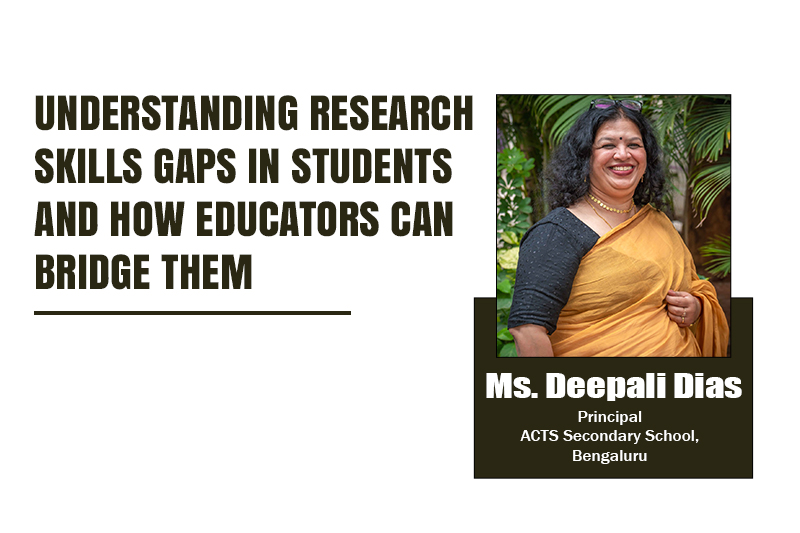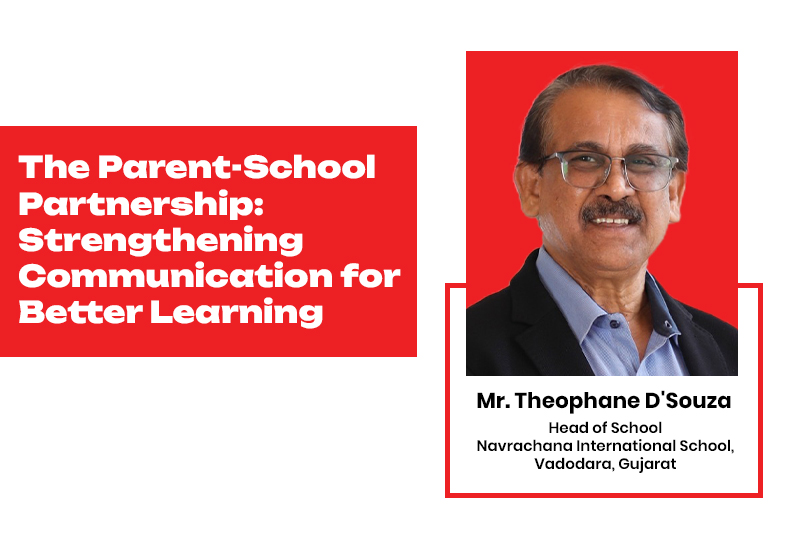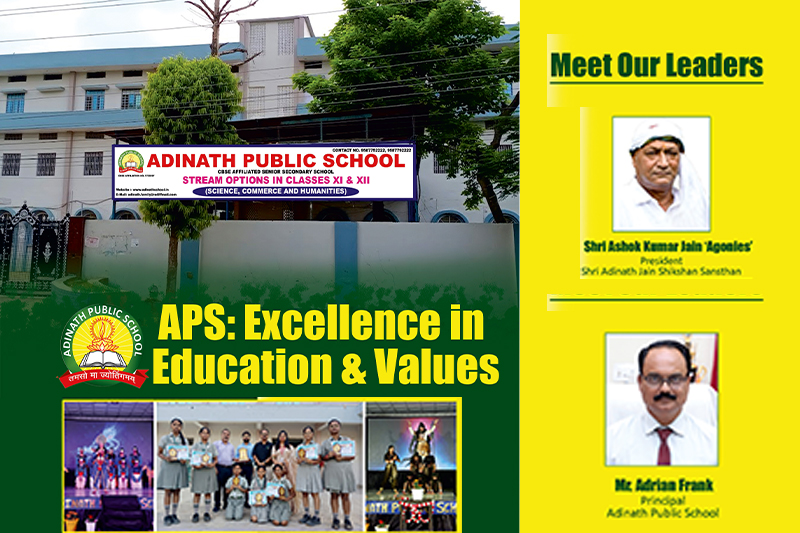Dr. Sangeeta Bhatia, KIIT World School Delhi: Empowering Students for Climate Action & Earth
“Positive change begins in the classroom. When we teach children to respect nature and act responsibly, we are not just educating minds — we are nurturing guardians of the Earth, shaping a greener, kinder tomorrow.”
Dr. Sangeeta Bhatia, an award-winning educator and Principal of KIIT World School, Delhi, brings over three decades of academic leadership and advocacy for value-based education. Honored with the National Award for Education by the Ministry of Human Resource Development, Dr. Bhatia believes education must evolve to meet the urgency of our environmental crisis. For her, schools are not just centers of knowledge but the seedbeds of sustainability.
Today, the Earth is not whispering—it is crying out. With heatwaves, floods, and rising seas becoming the new norm, Dr. Bhatia asserts that climate education can no longer be optional. “We must empower children not only to understand the crisis but to take responsibility for change,” she says.
From Awareness to Action: The KIIT Approach
At KIIT World School, climate action is more than a chapter in the syllabus—it is a way of life. Under Dr. Bhatia’s leadership, the school has embedded environmental stewardship into its daily culture, with initiatives designed to instill responsibility, empathy, and lasting behavioral change.
Zero-Litter, Plastic-Free Campus
One of the school’s most impactful policies is its zero-litter initiative. In a bold move, classroom dustbins were removed, teaching students to manage their waste and internalize environmental accountability. The campus is also proudly plastic-free, where eco-conscious choices—from reusable water bottles to green school events—have become the norm.
“These everyday actions,” Dr. Bhatia explains, “create a sense of personal duty. They teach children that protecting the Earth starts with how we live each day.”
Learning from Real-Life Earth Heroes
To deepen the connection between learning and activism, KIIT World School regularly hosts renowned environmentalists, such as Peepal Baba, whose lifelong mission of planting trees has inspired millions. Interacting with such changemakers allows students to see climate action not as abstract theory, but as something tangible and achievable.
Dr. Bhatia shares that these moments ignite a “sacred duty” within students—an understanding that they are not just part of the problem but also the solution.
Integrating Climate Literacy into Curriculum
Dr. Bhatia strongly advocates for climate literacy across subjects, not confined to science alone. In her school:
- Literature classes explore themes of environmental justice.
- Science and geography emphasize climate systems, biodiversity, and renewable energy.
- Social studies delve into ecological ethics and global policy.
- Project-based learning and debates give students platforms to voice solutions.
This integrated approach nurtures children as informed decision-makers, not passive bystanders. “Sustainability must shape how every subject is taught,” Dr. Bhatia insists. “It’s about reimagining education through a green lens.”
Schools as Living Laboratories of Sustainability
At KIIT, the school itself serves as a model of sustainable living. With student-led green clubs, zero-waste campaigns, and community clean-up drives, learners are equipped with knowledge and real leadership opportunities.
Crucially, this extends beyond campus. Students are encouraged to influence their homes and neighborhoods, creating awareness and action ripple effects.
“The impact of a single student can reach hundreds,” Dr. Bhatia notes. “That’s how you build a movement.”
A Call to Action: The Planet Cannot Wait
In her powerful message to educators and parents, Dr. Bhatia warns against passive hope. “We cannot wait for global summits and government plans. The real revolution must begin in our classrooms, homes, and hearts.”
She urges schools to go beyond tokenism and embed climate education as a moral and practical necessity. “Raise not just well-informed individuals, but deeply aware, environmentally committed citizens,” she says. “Because the planet cannot wait—and neither can we.”
Conclusion: Planting Seeds for a Greener Tomorrow
Dr. Sangeeta Bhatia’s work at KIIT World School exemplifies what 21st-century education should strive for: students who are as compassionate as they are competent, as proactive as they are informed.
In every eco-club meeting, every sustainable project, and every classroom discussion about the planet, she sees the beginnings of a greener, wiser generation.
Because true education, she believes, does not end with knowledge—it begins with conscience, and it flourishes with action.
Want more thought-provoking articles like this? Check out EducationToday – where education meets innovation.






